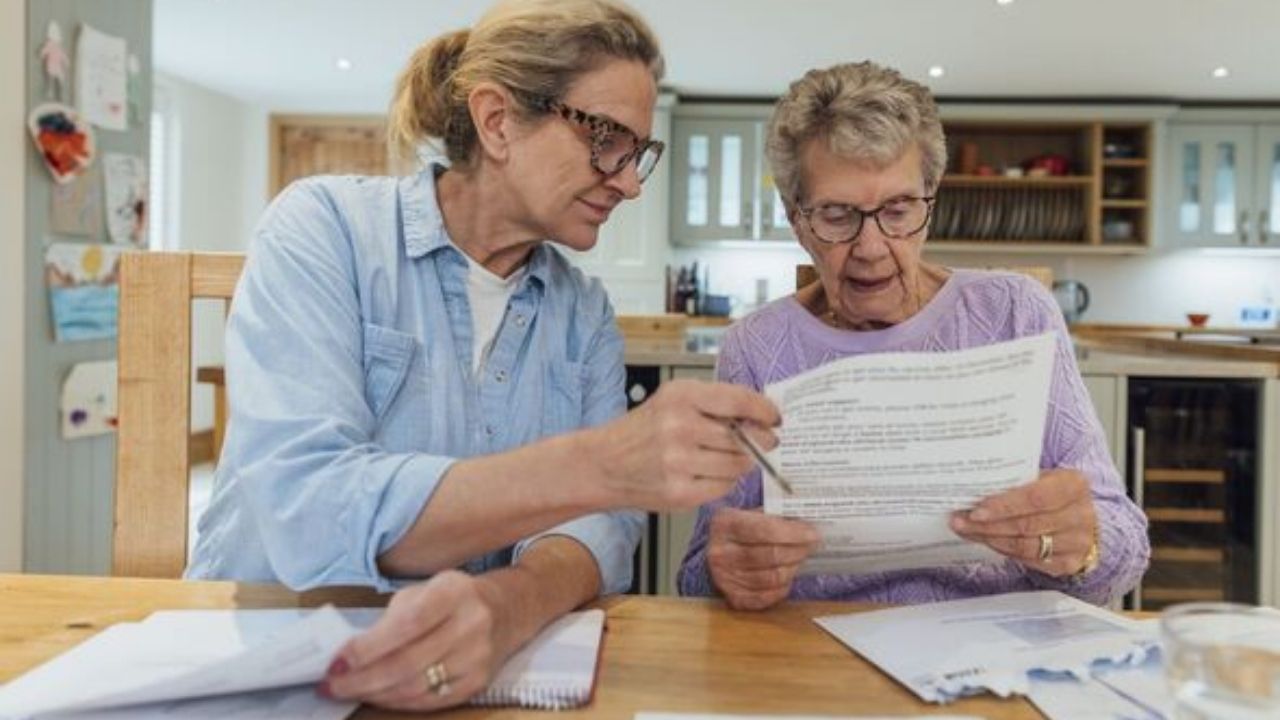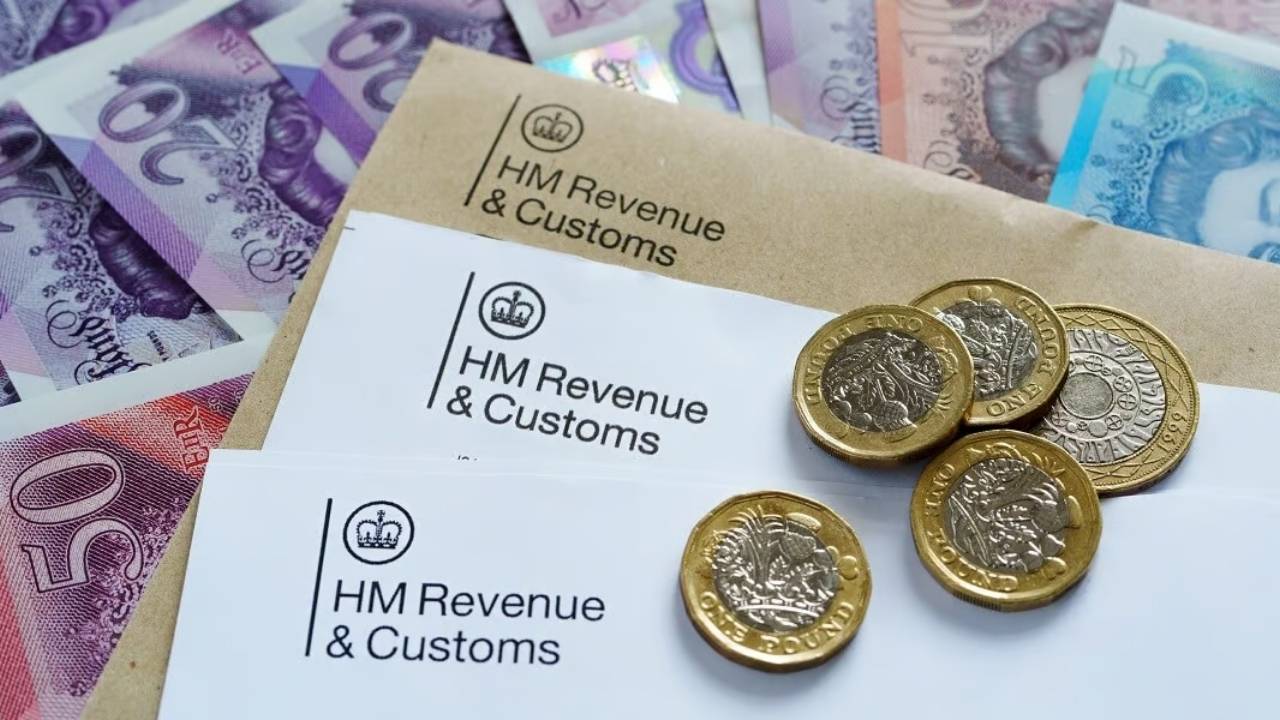The Department for Work and Pensions (DWP) has issued an urgent alert to millions of benefit claimants, urging them to be extremely cautious of a rising number of sophisticated benefit scams. Fraudsters are increasingly impersonating official bodies to steal money and personal information, particularly targeting recipients of government support like Universal Credit and Cost of Living Payments.

The Growing Threat to Claimants
The warning comes as criminals exploit the rollout of government financial support to create plausible-sounding scams. According to the DWP, fraudsters are using text messages, emails, and phone calls that appear legitimate to trick individuals into handing over their bank details or other sensitive data. Officials stress that the rising cost of living has made many people more vulnerable to promises of extra financial help.
“We are seeing a worrying increase in criminal activity that targets the very people we are trying to support,” said a DWP spokesperson in an official statement. “These criminals are ruthless and will use any opportunity, including the government’s Cost of Living Payments, to try and deceive claimants. We urge everyone to be vigilant.”
The tactics used are often designed to create a sense of urgency. For example, a message might claim that a payment is pending but requires a “verification step” via a link, which then leads to a fake website designed to harvest personal information.
How to Identify and Avoid Common Benefit Scams
The DWP has provided clear guidance to help individuals distinguish between official communications and fraudulent attempts. Understanding these tactics is the first line of defence against benefit scams.
Key Warning Signs
- Unexpected Contact: The DWP very rarely makes initial contact or sends alerts via text message or email asking for personal details. Most communication is handled through the claimant’s online journal or official letters.
- Requests for Personal Information: Official DWP correspondence will never ask for your bank account details, password, or PIN number via text or email.
- Suspicious Links or Attachments: Never click on links or download attachments in unsolicited emails or texts. These can lead to malicious websites or install harmful software on your device.
- Urgent or Threatening Language: Scammers often try to pressure victims by suggesting their benefits will be stopped or a payment will be missed if they do not act immediately.
The government’s “Check if a message you’ve received from DWP is genuine” page on the GOV.UK website provides a resource for claimants to verify any suspicious communication.
Official Reporting Channels and Government Action
Anyone who believes they have been targeted by a benefit scam is urged to report it immediately, even if they have not fallen victim. Reporting helps authorities to track down criminals and prevent others from being deceived.
“Reporting these attempts is crucial,” stated a representative from Action Fraud, the UK’s national reporting centre for fraud and cybercrime. “Every report helps us build a clearer picture of the threats and provides intelligence that can lead to the disruption of these criminal networks.”

To combat this fraud, the DWP works with law enforcement and other government agencies to identify and shut down scam operations. However, public awareness remains the most effective tool. Claimants should remember that Cost of Living Payments and other legitimate benefits are automatic and do not require any application or provision of personal details to receive them.
If you suspect you have been scammed, you should contact your bank immediately to secure your account and report the incident to Action Fraud online or by phone.
UK Government Confirms £1,634 Annual Cost of Living Support for Households
Another Devastating Leak: Kennedys Law Breach Joins Growing List of UK Victim Data Disasters
FAQs
Q: Will the DWP ever ask for my bank details over the phone?
The DWP will never ask for your full bank details or other sensitive personal information like your password in an unexpected phone call. If you are not expecting a call, be cautious. You can always hang up and call back using an official number from the GOV.UK website.
Q: Are Cost of Living Payments automatic?
Yes. If you are eligible, the payment will be made automatically into the same bank account where you receive your regular benefits. You do not need to apply or provide any details to receive it.
Q: What should I do if I clicked a suspicious link in a text message?
Do not enter any information on the website that opens. Close the browser window immediately. Run a security scan on your device and change the passwords for any sensitive accounts, especially your email and online banking. Report the text to 7726 and the scam to Action Fraud.





